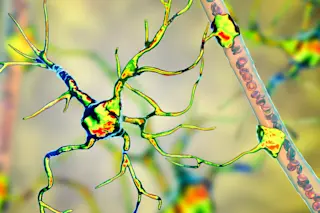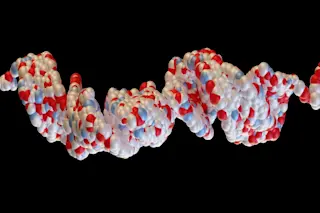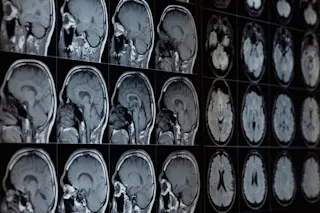Using embryonic stem cells, researchers have created enough red blood cells to fill several test tubes, in a development that could eventually allow for the mass-production of blood and the end of blood donation drives.
"We literally generated whole tubes in the lab, from scratch," said Robert Lanza, chief science officer at Advanced Cell Technologies [Wired News].
The breakthrough raises the prospect of mass-producing supplies of the "universal donor" blood type O-negative, which is prized because it can be safely transfused into any patient, whatever their blood group. This type of blood is in short supply – around 8% of Caucasians have it, and just 0.3% of Asians [New Scientist].
Experts say the method would also help keep pathogens like HIV out of the blood supply, as blood banks would no longer have to screen the blood from thousands of donors. In the study, published in the journal Blood [subscription ...













